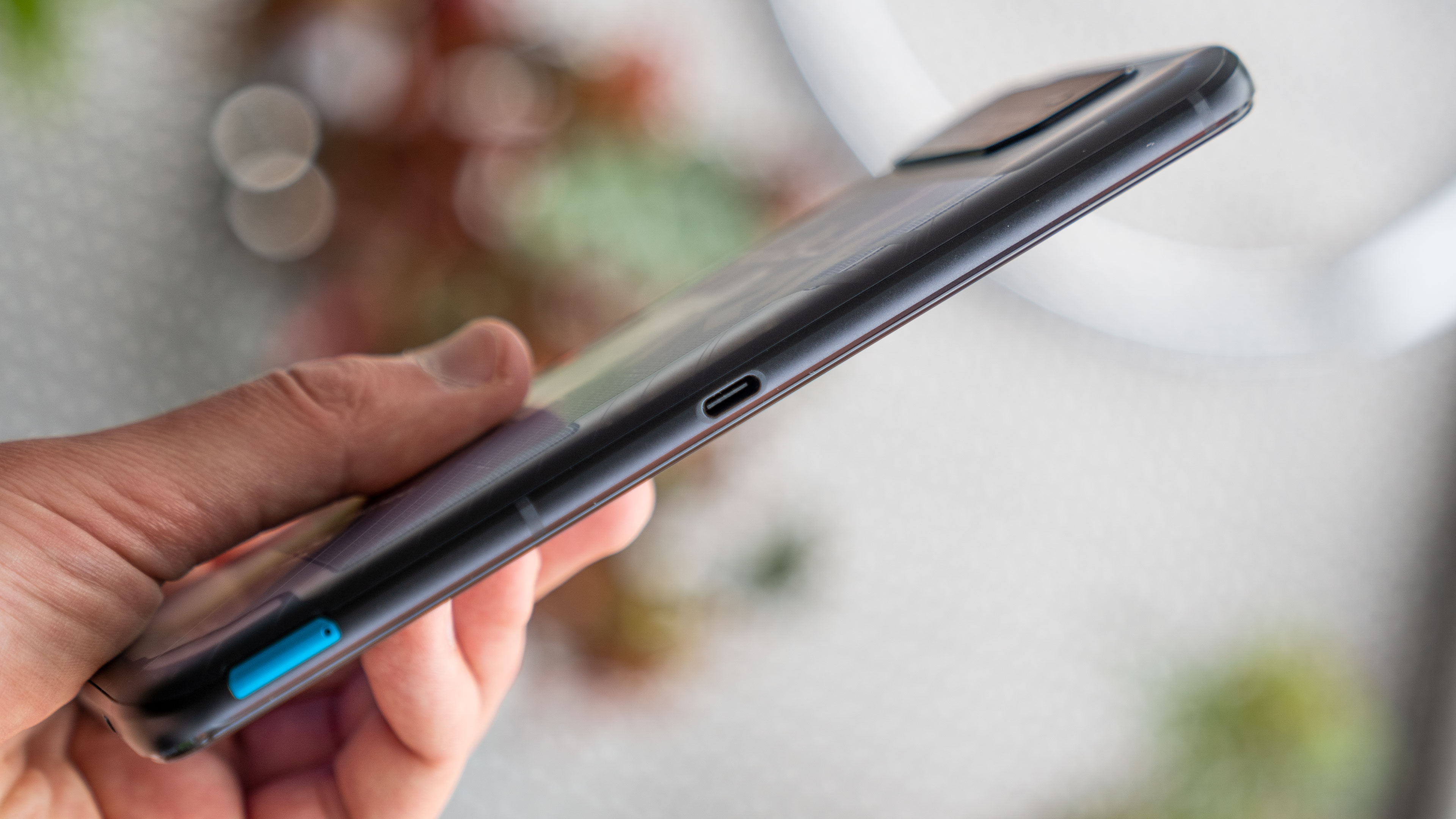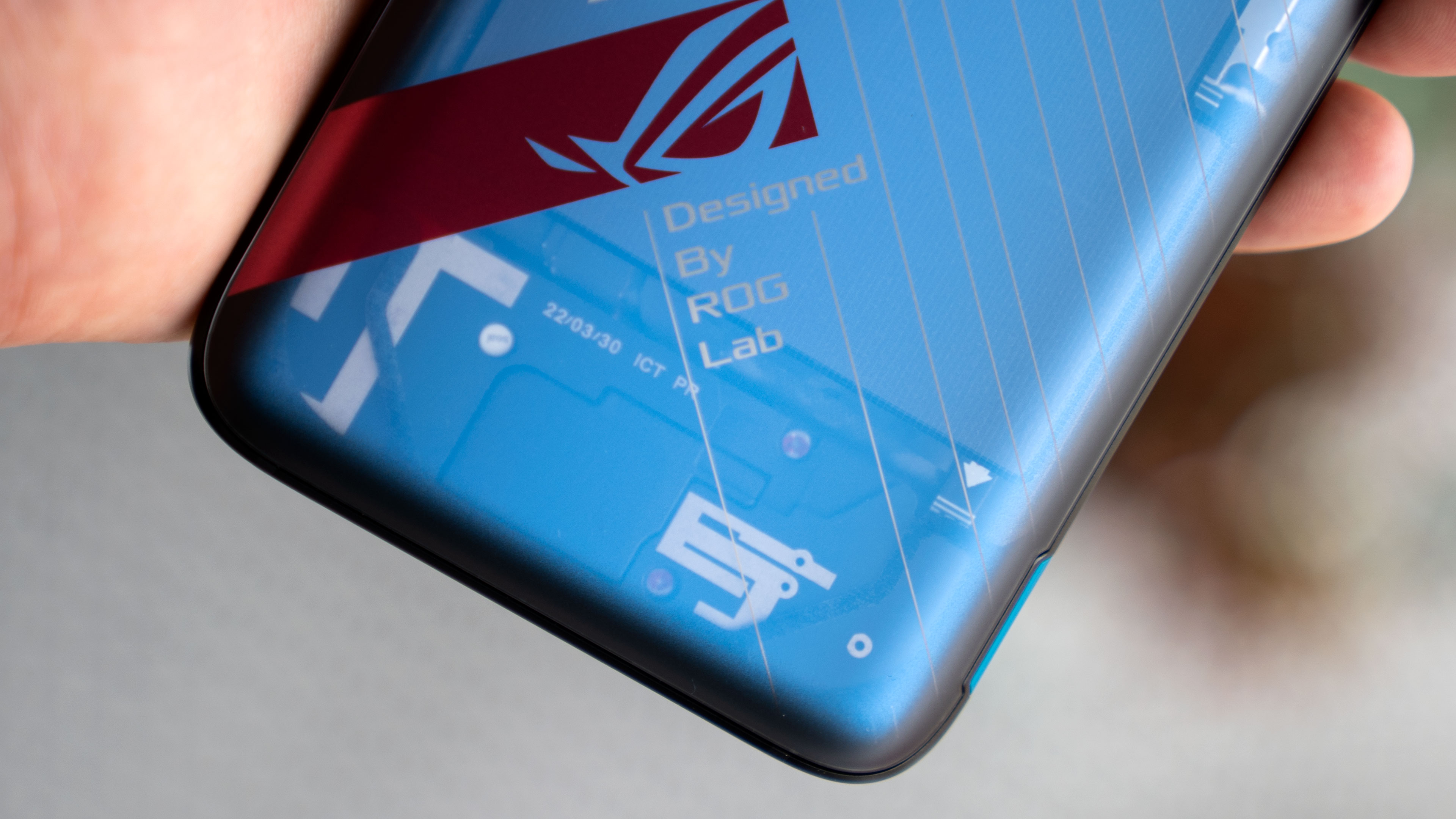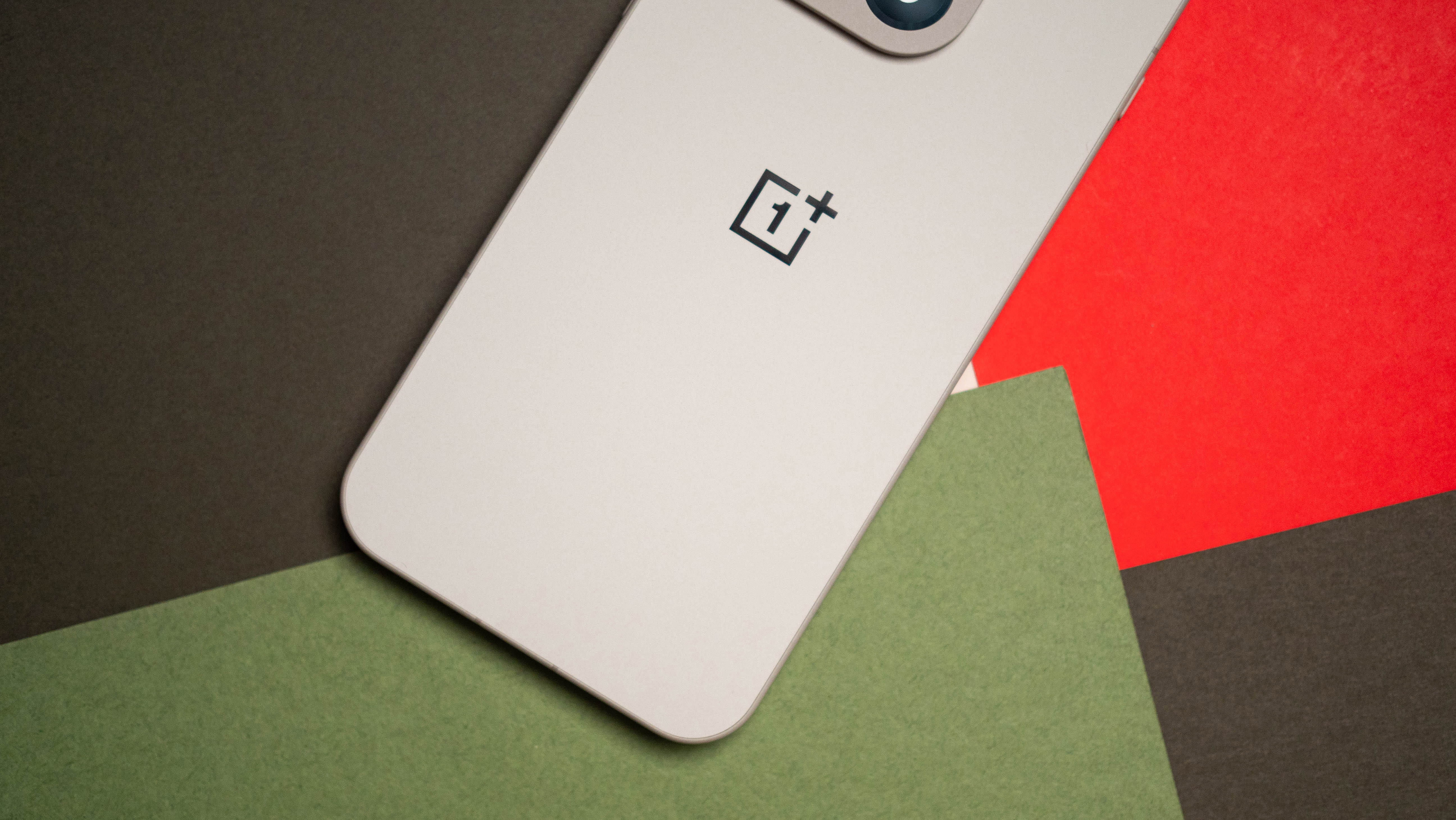We've already used the first Snapdragon 8+ Gen 1 superphone
Seems faster.

Qualcomm today officially announced the latest revision of its Snapdragon 8 platform, the Snapdragon 8+ Gen 1, boasting performance improvements across the board and up to 30% efficiency gains over the base model 8 Gen 1.
The new platform will feature in flagships from big names like OnePlus, Honor, and Xiaomi in the coming months, and is also rumored to be used in Samsung's fourth-generation foldables. So this chip will likely power some of the best Android phones of late 2022.
Thanks to ASUS's ROG (Republic of Gamers) brand, Android Central has been able to take an early look at the new chip, in the form of the ROG SM8475 Engineering Device — effectively a next-gen ASUS ROG Phone outfitted with the Snapdragon 8+ Gen 1. The device itself is, as the name suggests, an engineering sample, and won't be made available to buy. But from appearances alone, it's pretty clear this device will form the basis of the ROG Phone 6.
Because this is a very early sample, we're limited in what we can share from ASUS's Snapdragon 8+ Gen 1 prototype. ASUS isn't allowing any of the phone's software features to be revealed just yet, but we are allowed to talk about the outside of the device.
The chassis itself feels like a continuation of last year's ROG aesthetic, with chamfered borders, dual USB-C ports, and a 3.5mm headphone jack. Around the back, a translucent panel — "designed by ROG Lab" — gives us a glimpse of the phone's innards. There are no rear cameras fitted in this model (though there *is* a rear flashlight, for what that's worth). Instead, the camera module is replaced with a chunk of glass reminding you that you're using "confidential equipment."
Interestingly, unlike previous ROG Phones, the device does appear to be sealed, without any cooling grilles exposing the internals of the phone. There's also a rubber gasket fitted on the SIM card tray.
We were also able to run a variety of benchmarks on the device, showing the raw performance on offer when Snapdragon 8+ Gen 1 is paired with a gaming-centric chassis and heat dissipation capabilities. Because this is an ASUS ROG device, a direct apples-to-apples comparison with the previous 8 Gen 1 isn't really possible. Last year's ROG Phone 5S Pro used the Snapdragon 888 Plus platform, while most Snapdragon 8 Gen 1 phones likely won't offer the same level of thermal performance as ASUS's engineering device.
Get the latest news from Android Central, your trusted companion in the world of Android
So take these comparisons with the OnePlus 10 Pro with a pinch of salt — they're designed to give a general impression of the performance improvements in Qualcomm's new platform.
| Row 0 - Cell 0 | ASUS ROG SM8475 | OnePlus 10 Pro (Performance mode) |
| Geekbench Single Core | 1311 | 1242 |
| Geekbench Multi-Core | 4211 | 3351 |
| Geekbench Compute (Vulkan) | 6388 | 7318 |
| Geekbench Compute (OpenCL) | 6513 | 5932 |
| 3DMark Wild Life Extreme | 2796 | 2557 |
| PCMark Work 3.0 Performance | 16859 | 13848 |
| PCMark Web Browsing 3.0 | 17227 | 12489 |
| PCMark Video Editing 3.0 | 7597 | 5756 |
| PCMark Writing 3.0 | 21732 | 20843 |
| PCMark Photo Editing 3.0 | 37163 | 35773 |
| PCMark Data Manipulation 3.0 | 12884 | 9501 |

In Geekbench, most high-performing Snapdragon 8 Gen 1 phones manage scores in the 1200-point range for single-core and 3800-3900 range for multi-core, showing modest gains for the new chip. Meanwhile, in 3DMark the ROG device's graphical edge can be seen, managing to outperform all devices in the intensive Wild Life Extreme test, with the exception of Apple's iPhone 13 Pro series. Naturally, the Snapdragon 8+ Gen 1, paired with ASUS's thermal management, outperforms the previous generation across the board in PCMark's tests.
What these tests don't measure, however, is the claimed 30% improvements to efficiency in the Snapdragon 8+ Gen 1, thanks in part to the move to TSMC's 4nm process. For many users, improvements to battery life may well be the more meaningful upgrade in this generation.
As for ASUS, its next-gen ROG Phone seems to be shaping up nicely. There's no word of when to expect the ROG Phone 6 just yet, but with the chip powering ASUS's upcoming gaming phone now out in the wild, we shouldn't have too much longer to wait.

Alex was with Android Central for over a decade, producing written and video content for the site, and served as global Executive Editor from 2016 to 2022.



